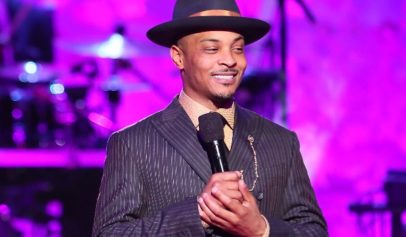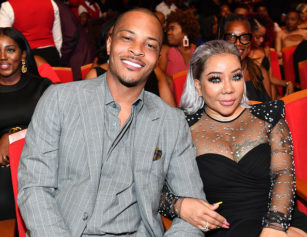Natasha Trethewey was named the 19th Poet Laureate of the United States in June, becoming the first Southerner to receive the honor since Robert Penn Warren, in 1986, and the first African-American since Rita Dove, in 1993. A professor of English and Creative Writing at Emory University, in Atlanta, Trethewey is the author of three books of poetry. Domestic Work (2000), which won the Cave Canem Prize for a debut work by an African-American, is a meditation on working-class life in the American South partially based on her grandmother’s life. Bellocq’s Ophelia (2002), winner of the Mississippi Institute of Arts and Letters Book Prize, envisions the life of one of the mixed-race prostitutes photographed by E.J. Bellocq in early-20th-century New Orleans. Native Guard (2006), which won the the Pulitzer Prize, centers on a black regiment of Union soldiers assigned to guard Confederate prisoners of war, yet also veers into more intimate reflections, including on the death of her mother, who was murdered while Trethewey was in college. Her next collection of poetry, Thrall, will be published this fall. Here, she shares several drafts of “Elegy,” a poem from that collection. Dedicated to her father, a fellow poet, it recounts a fly-fishing trip the two took in his native Canada, and the various ways their lines have become tangled over the years.
Six or seven years ago, my father and I were fishing the Miramichi River in New Brunswick. It’s a great salmon river. We met a writer friend of his named Dave Richards, a novelist, and Dave hired a guide for us. This was a famous guide who’d taken people like Bill Clinton fishing on the Miramichi. Once we got out there into the river the guide gave us a quick lesson about how to fly-fish, how to cast. We practiced the motions, then we got our rods and started fishing. There was this almost mystical look to the river. It seemed reverent just to be quiet, going through the mist.
I’ve talked to my father about the trip many times. His memory’s kind of bad these days. He doesn’t remember, or doesn’t want to remember, that I caught these two trout. He’s really bothered that I present him in the poem, as he sees it, as someone who’s not a very good fisherman. He tried to tell me on the phone the other day that the fish I caught were guppies, and I told him, “Daddy, I’ve caught a few trout in my life. I know what a trout looks like.”
Though he wants to look like an expert fisherman, my father thinks it’s a beautiful poem. He says he feels kind of lucky, because most people are not lucky enough to hear an elegy by their child while they’re still living. I think it’s also a way to be slightly in denial about what else the poem is mourning. Even though this poem is called “Elegy,” what’s being elegized is not my father’s life—he’s not dead—but a kind of loss between a father and a daughter, a kind of estrangement. He’s casting his invisible lines, slicing the sky between us, and I mean that image to suggest a kind of division.
As much as we love each other, there is some growing difficulty in my adult relationship with my father. Because we’re both writers, we’re having a very intimate conversation in a very public forum. Before I was ever a poet, my father was writing poems about me…
Read more: The Atlantic


